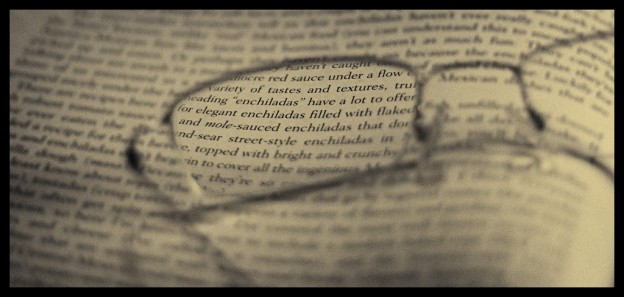
Photo: ugod/Flickr
Radio Boston host Meghna Chakrabarti recently visited Harvard’s Schlesinger Library to speak with curators Barbara Ketcham Wheaton and Marylene Altieri about the Schlesinger’s rich archive of cookbooks.
As many of you may know, Harvard is home to one of the world’s most outstanding collections of historical cookbooks, including its most famous possession: the papers, recipes and cookbooks of Julia and Paul Child.
But did you know of the African American cookbooks in the Schlesinger’s collection? Or its holding of Eskimo cookbooks from Sarichef Island off the Alaskan coast, an island now literally disappearing due to warming trends? Besides documenting recipes, such cookbooks document historical milestones and ways of life from the past and in the present.
Food — very much like art — serves as a unique historical lens. Through it we view gender and race relations, immigrant communities, social behaviors and changing social norms. We understand the impact of economies, politics and religion. Specifically, we learn what foods were available, which were prized, how food was prepared, how it was preserved, and how it was served at the table.
According to curators Wheaton and Altieri, however, the careful reader of cookbooks also gleans “…fantasy, practicality and attitude” from its authors. Their voices from the past are ones we might not otherwise hear. And, to the curators’ mind, the printed cookbook won’t disappear any time soon.
